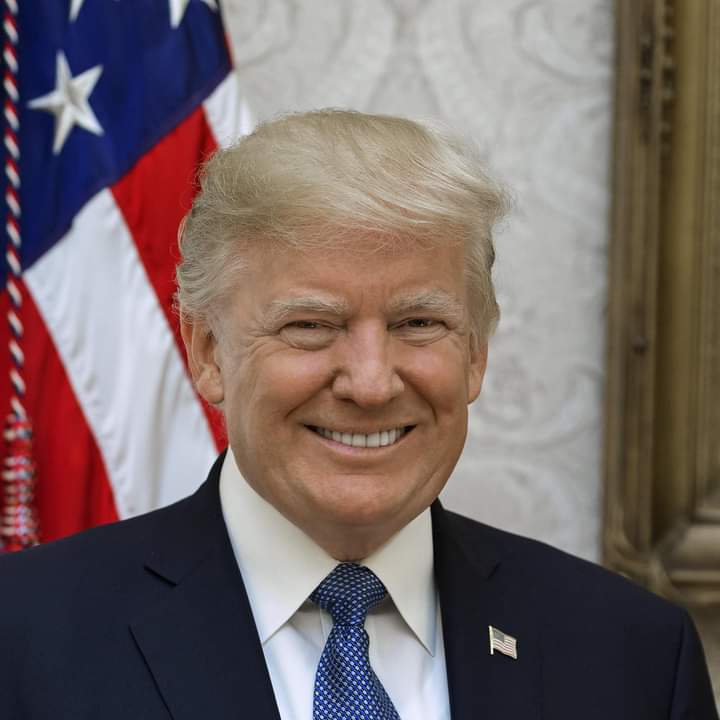By Adeyemi Adekunle
United States President-elect Donald Trump on Saturday issued a stark warning that he intends to impose 100% tariffs on nine nations, primarily targeting members of the BRICS alliance. This coalition, which includes Brazil, Russia, India, China, and South Africa, along with recent entrants Egypt, Ethiopia, Iran, and the United Arab Emirates, has increasingly positioned itself as a counterweight to U.S. financial dominance. Trump’s assertive proclamation marks a significant pivot in trade relations, threatening the stability of global markets already riding a wave of uncertainty.
The announcement has sent shockwaves through the global economy, with economic leaders expressing alarm over the potential for a new trade war. It signifies a growing dissatisfaction among developing nations with U.S. financial hegemony and their desire to assert economic sovereignty.
The BRICS coalition has been actively seeking to strengthen its collective presence in international trade, reducing its reliance on the U.S. dollar amid heightened geopolitical rivalries.
“The implications of this threat are profound,” warns international trade analyst, Sarah Thompson. “The BRICS nations are united in their efforts to create alternatives to the U.S. dollar, and Trump’s actions may rally these countries together, potentially leading to retaliatory tariffs or new trade agreements that sideline American interests.”
Trump’s administration has long criticized the BRICS nations for undermining U.S. economic influence. In his statement, the President-elect argued that their increasing financial independence directly threatens the dollar’s status as the world’s reserve currency.
“We cannot allow these countries to disrespect our currency or challenge our economic might,” he declared, framing the potential tariffs as a necessary protection for American jobs and industries.
However, reactions from BRICS leaders have been swift and pointed. Brazilian President Luiz Inácio Lula da Silva called the move “an act of economic war,” while Indian Prime Minister Narendra Modi emphasized that such threats undermine international trade norms established over decades. “We will not bow to pressure; we will defend our interests,” Modi remarked during a recent press briefing.
In a world where the U.S. dollar remains the dominant currency in global transactions, Trump’s threats could act as a catalyst for deeper cooperation among BRICS countries.
The alliance is already experiencing heightened interest, with Turkey, Azerbaijan, and Malaysia exploring membership to bolster their economic alliances. This trend reflects a broader desire among emerging economies to create a multipolar trading landscape, one that diminishes their vulnerability to U.S. monetary policy shifts.
Market watchers are expressing increasing concern over the long-term implications of Trump’s tariff threats. Veteran economist Michael Chen stated, “What we are witnessing is a potential tipping point in global trade dynamics. The reluctance of developing nations to yield to U.S. influence could lead to a domino effect, where countries look inward to strengthen collective economic ties.”
The threat of a retaliatory response from BRICS nations is significant, potentially igniting a trade war that could destabilize an already fragile global economy.
Immediate repercussions could include price spikes in key commodities and disruptions in supply chains, affecting everything from electronics to agriculture. Furthermore, nations like China and India, with sizable consumer bases, hold significant leverage in such a standoff.
As the global community grapples with the ramifications of Trump’s ultimatum, the future of the dollar hangs in the balance. The unfolding scenario raises urgent questions regarding the efficacy of U.S. trade policy in an increasingly interconnected world.
With economic sovereignty at stake, developing nations are beginning to reconsider their strategies, forging alliances that could reshape international commerce for years to come.
The landscape of global economic relations is shifting, driven by new aspirations and responses to traditional power dynamics.




